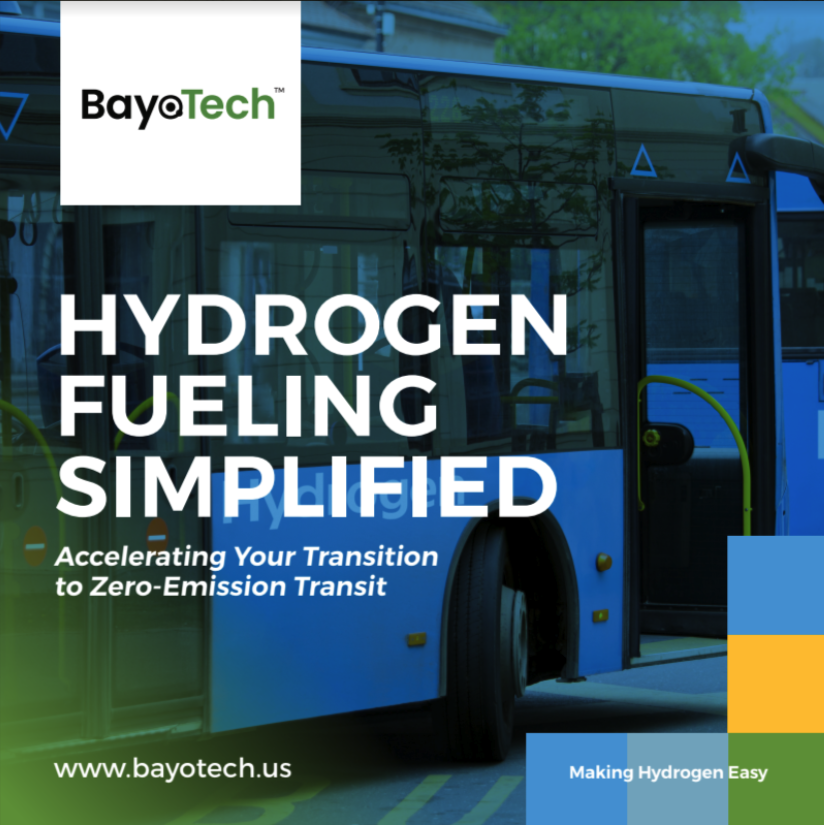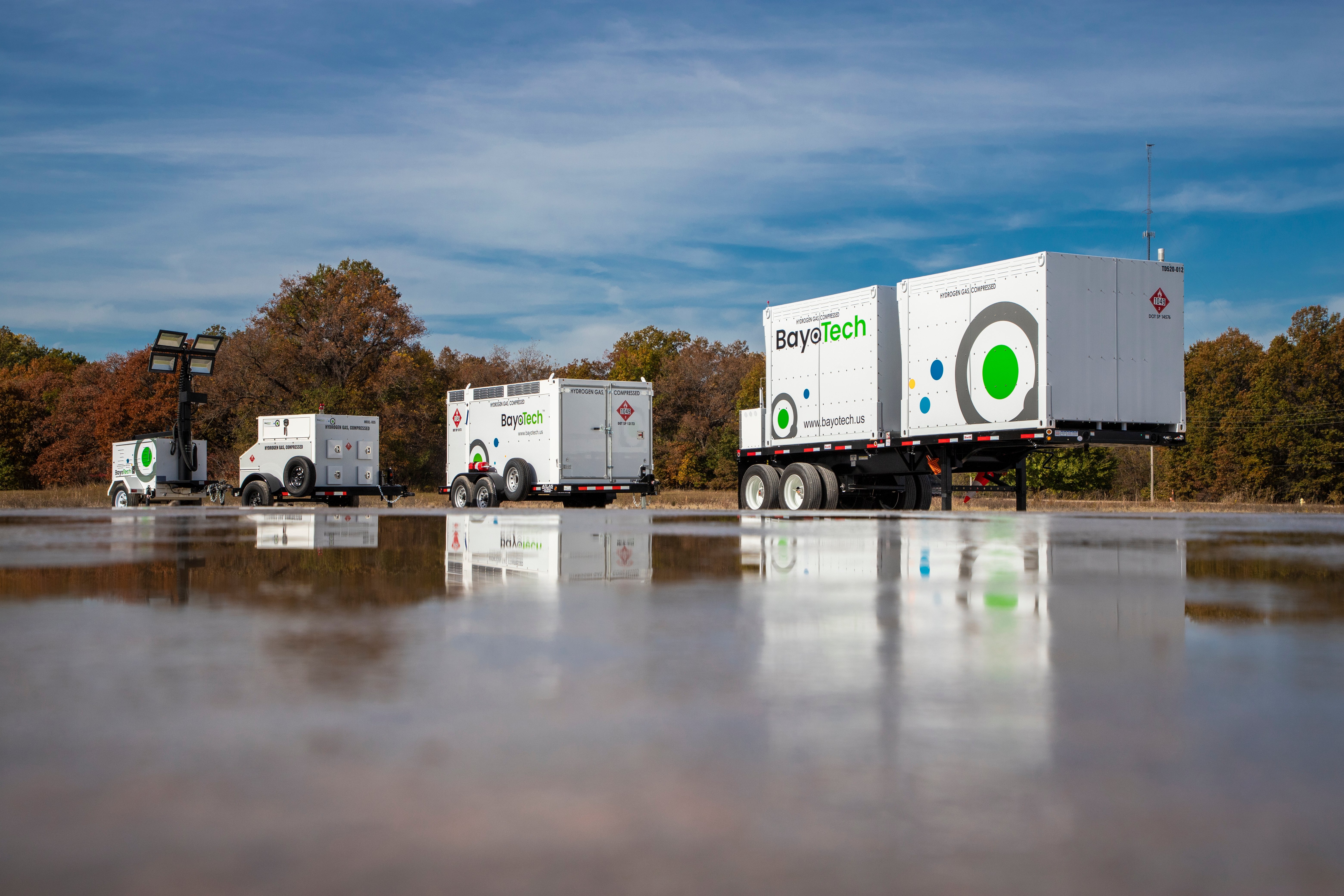Transit agencies must act swiftly to seize the opportunity presented by the Federal Transit Administration's (FTA) funding programs. With $1.5 billion available through the Low or No Emission Grant Program and the Grants for Buses and Bus Facilities Competitive Grant Program, now is the time to invest in zero-emission transit solutions. Amid this push for eco-friendly transit, the debate between hydrogen fuel cell electric buses (FCEBs) and battery electric buses (BEBs) has gained prominence. While both technologies offer zero-emission solutions, the unique advantages of hydrogen fuel cell buses make a compelling case for their integration into transit fleets.
As transit operators grapple with the challenge of transitioning their fleets efficiently and sustainably, the deployment of hydrogen fuel cell buses emerges as a viable solution. Here's why:
Unmatched Performance and Versatility
Hydrogen fuel cell electric buses offer unparalleled performance and versatility, particularly in demanding operating conditions. Unlike battery electric buses, which may experience limitations in extreme climates or on long routes with hilly terrain, FCEBs excel across various environments. With a range exceeding 370 miles on a single 10-minute refueling, hydrogen buses are built for long hauls and can withstand all weather conditions. This reliability ensures uninterrupted service, even on challenging routes, making them a dependable choice for transit agencies operating in diverse geographic areas.
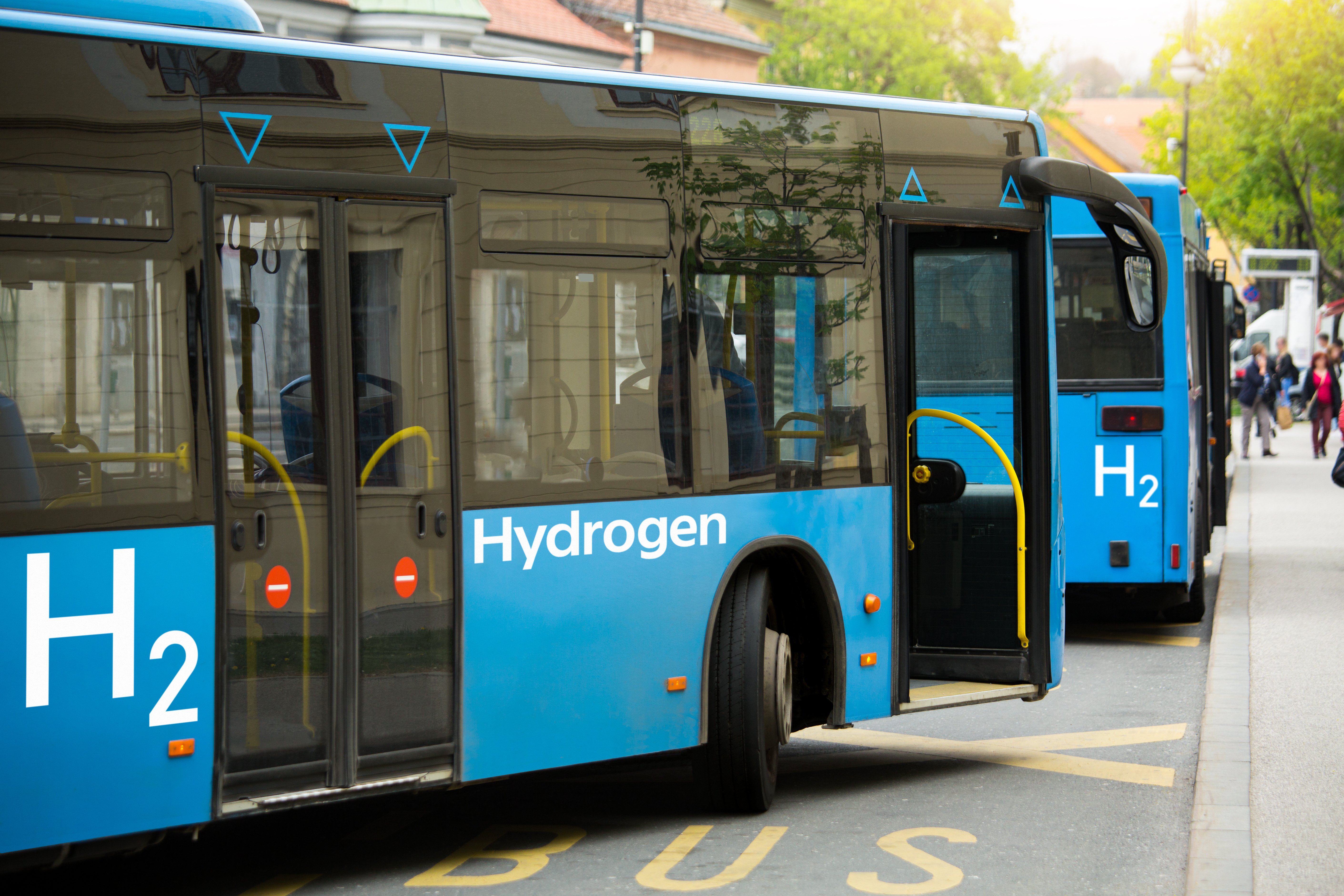
Overcoming Infrastructure Challenges
Battery electric buses need to charge, and a full charge takes a few hours. That requires lots of chargers and space at every bus garage. Transit centers probably weren't designed to have the space for chargers, so retrofits can be complex. Every one of those chargers needs electricity. The utility feed to a bus garage wasn't designed to charge dozens of buses at once. So going electric often requires the utility to add more power lines feeding into the facility. Converting to electric can be a major construction project.
The operation of fueling a hydrogen bus is very similar to that of a diesel or CNG bus. Refueling takes minutes at a dispenser, not hours, and buses are parked overnight as usual. Operational changes for the transit agency are minimal, once the source of hydrogen is secured.
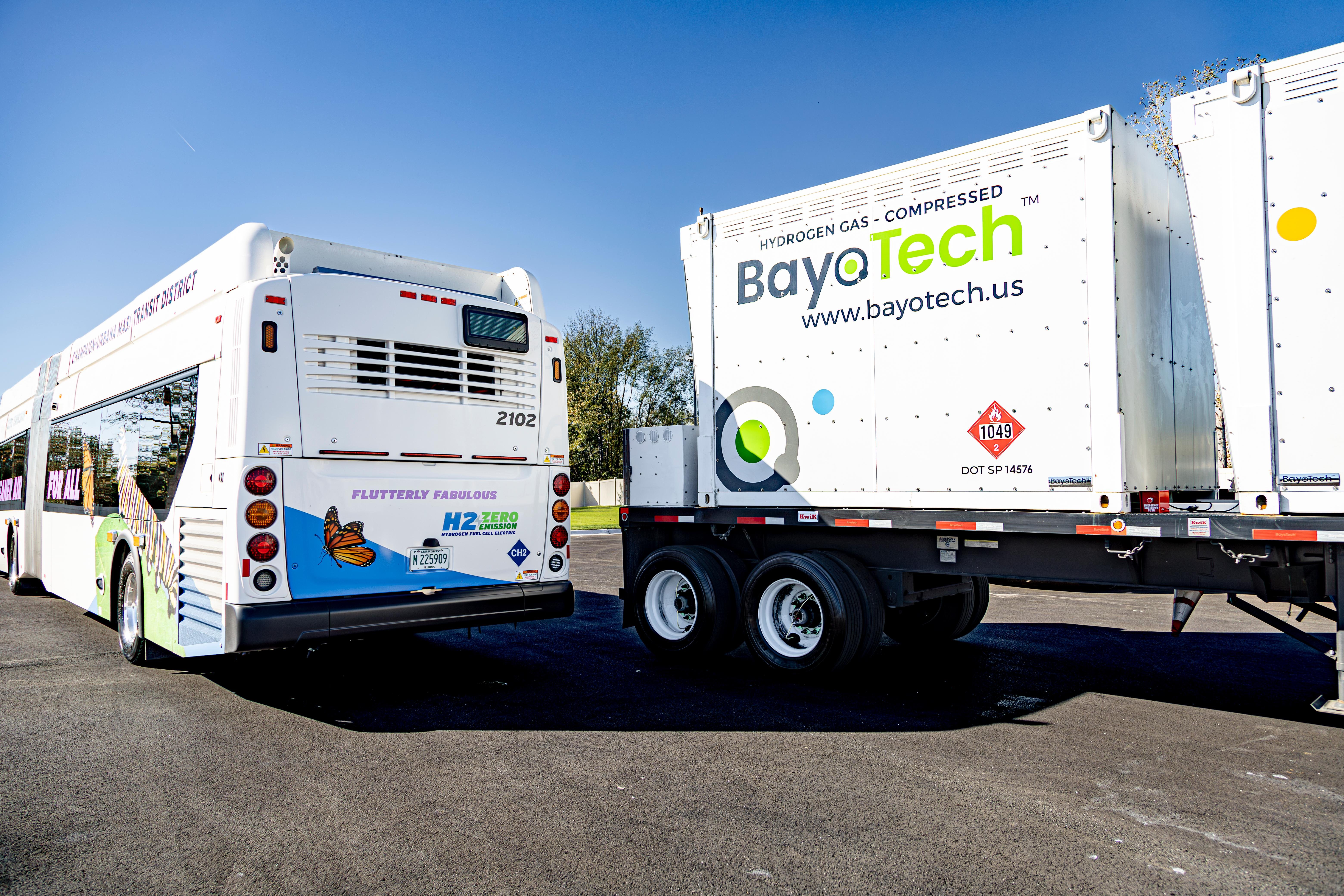
Securing Hydrogen Supply
Innovative solutions from companies like BayoTech are simplifying this process. BayoTech offers high-pressure hydrogen in compact trailers, enabling transit agencies to refuel buses directly without the need for extensive infrastructure investments. This flexibility allows agencies to test hydrogen buses or run pilot programs without overhauling their existing infrastructure, thereby reducing upfront expenses and minimizing risks.
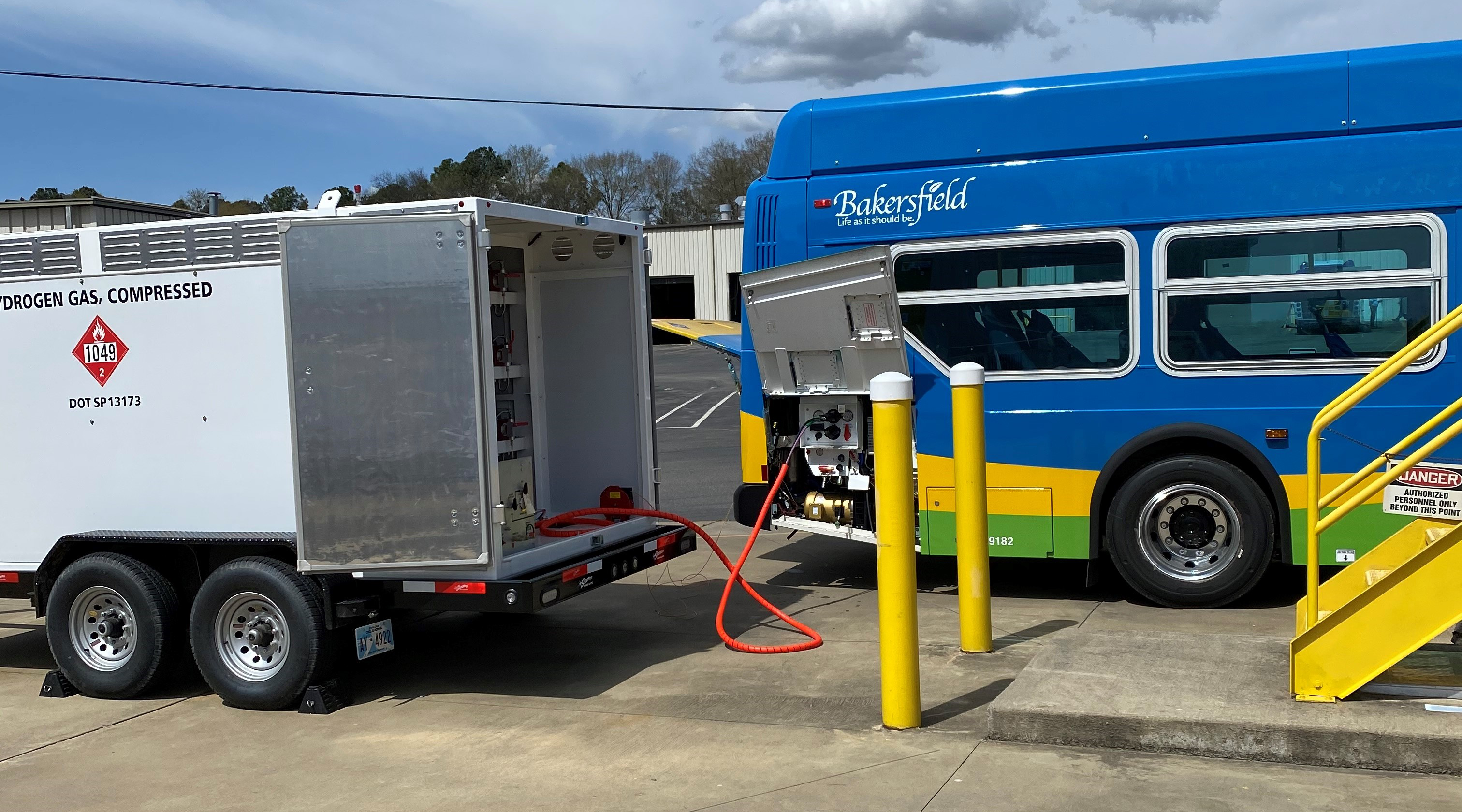
Once a fleet grows beyond 10 or so fuel cell buses, an agency may consider onsite production of hydrogen. BayoTech hydrogen hubs are compact and quick to deploy – either on transit agency land or at a nearby site. Hydrogen production equipment taps into existing natural gas infrastructure ensuring a reliable, dedicated supply of fuel to keep buses on the road.
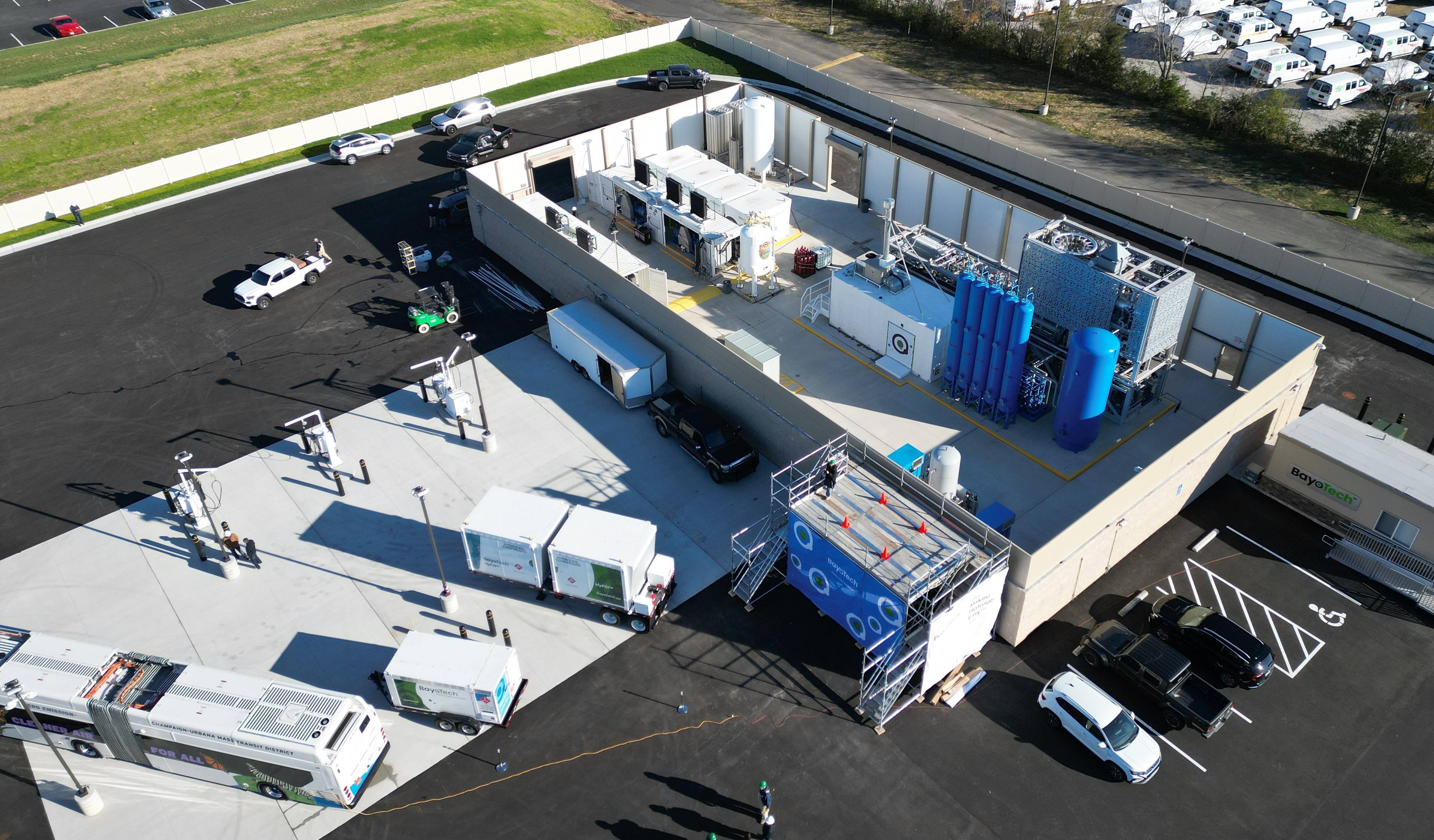
Leveraging Government Funding and Support
The substantial investments made by governments, such as the United States and Canada, in zero-emission transit initiatives provide significant opportunities for transit agencies to adopt hydrogen fuel cell technology. Funding programs like the American Low or No Emission Program and the Zero Emission Transit Fund in Canada offer financial support for the purchase of zero-emission buses and related infrastructure. By leveraging these funding opportunities, transit agencies can alleviate the financial burden associated with transitioning to hydrogen fuel cell buses and accelerate the adoption of sustainable transit solutions.
The transition to zero-emission transit represents a critical step towards building greener and more sustainable communities. While both hydrogen fuel cell electric buses and battery electric buses contribute to this transition, the unique advantages offered by FCEBs make them an indispensable component of modern transit fleets. More than 370 fuel cell buses already deployed with US transit agencies, establishing a track record of performance in the industry. With advancements in technology, innovative solutions for infrastructure deployment, and strong government support, hydrogen fuel cell buses are poised to play a pivotal role in shaping the future of public transportation. As transit agencies navigate the path towards sustainability, embracing hydrogen fuel cell technology promises to deliver cleaner air, reduced emissions, and a more resilient transit infrastructure for generations to come.
Act Now
Grant proposals for this round of FTA funding must be submitted by April 25. Visit GRANTS.GOV to learn more about these funding opportunities and take the necessary steps to advance towards a greener, more sustainable future for public transportation.


